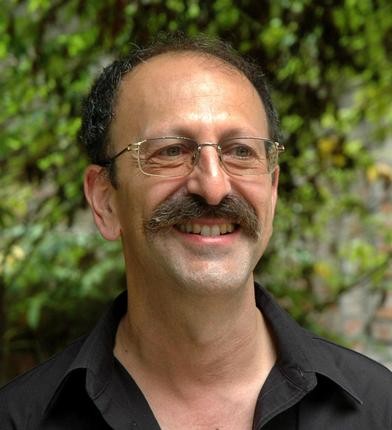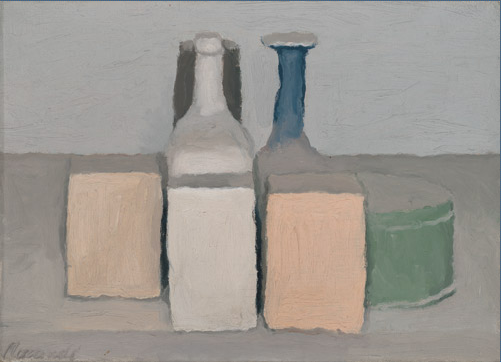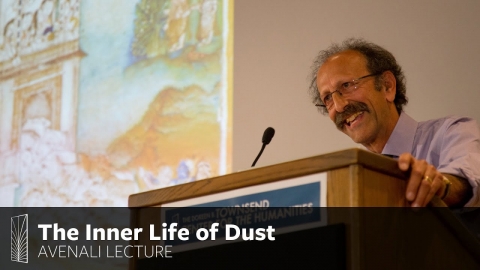
David Shulman, Indologist
There is no dearth of dust in India, or for that matter in South Asian literature. Once one begins to pay attention to it, dust is everywhere, in a vast array of configurations and modes. In Shulman's view, entire villages might be said to be made up primarily of dust — a remarkably creative and generative form of life (even perhaps of conscious life), easily lending itself to lyrical descriptions on the part of poets and to philosophical speculations by the metaphysically minded and never classified as dirt.
Yet it seems that no one has offered a satisfying analytical exposition of what dust — or its close analogues, such as pollen, ashes, powder of various kinds, motes of light, shreds of gold, and the reddish stuff of passion—might mean in major cultural contexts of South Asian civilization. Dust's strong link with eroticism and no less powerful theological implications are set out in remarkable detail in classical and medieval sources.
The lecture will take South Asian dust seriously as the malleable, omnipresent, non-dual stuff of reality and a privileged medium of knowledge and awareness for human beings and in the dusty world of the gods.
David Shulman, one of the world’s foremost Indologists, is this year’s Avenali lecturer-in-residence. Renee Lang Professor of Humanistic Studies at The Hebrew University of Jerusalem, Shulman has written capaciously on Indian thought and religion, language, poetics, theater, and aesthetics. In his most recent book, More than Real: A History of the Imagination in South India, Professor Shulman engages some of our biggest questions: What is the nature of the imagination? How does the imagination allow us to understand the workings of the mind and what it means to be human? Shulman explores these questions through the Indian case in a comparative perspective.
During his residency, Shulman offers a one-credit, four-week graduate seminar, “Models of the Mind: A Comparative View from South Asia.” (Students can register through South and Southeast Asian Studies or Rhetoric, and faculty are welcome.) Shulman also takes part in a Symposium on the Imagination.
The Avenali Lecture is free and open to the public.
Cosponsored by the Institute for South Asia Studies.

